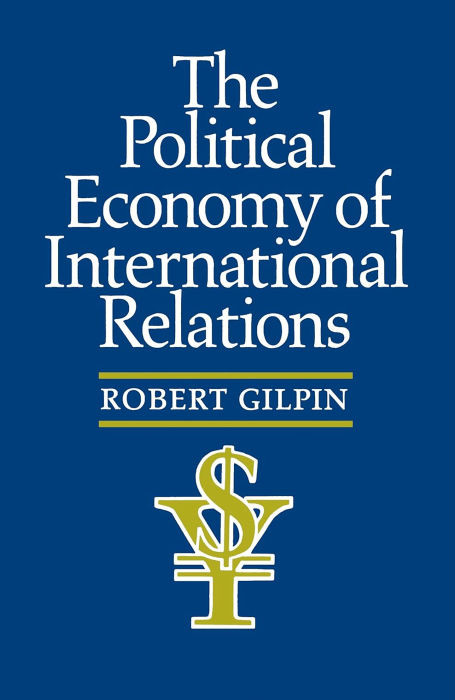Books
Robert Gilpin
The Political Economy of International Relations
Robert Gilpin’s The Political Economy of International Relations stands as a foundational text for understanding how economic forces and political power are intertwined on the world stage. Writtenat a time of shifting global dynamics, Gilpin’s work explores why states pursue economic strategiesnot just for prosperity, but as instruments of influence, rivalry, and cooperation. His analysis remains vital for anyone seeking to grasp the real drivers behind trade wars, monetary crises, and the evolution of the international system.
Gilpin’s book provides a comprehensive examination of the interplay between economics and politics in international relations, arguing that global economic outcomes are deeply shaped by the interests and power of states. He reviews the three major paradigms of international political economy—liberalism, mercantilism, and Marxism—tracing their intellectual roots and showing how each frames the relationship between markets and state power. Gilpin places particular emphasis on the concept of hegemonic stability: the idea that a dominant power (such as the United States after World War II) is crucial for establishing and maintaining the rules and institutions that underpin a stable global economy. He illustrates this with the creation of the Bretton Woods system, the IMF, and the World Bank, all of which depended on American leadership.
The book also explores how the decline of American hegemony, the rise of new economic powers, and the resurgence of economic nationalism in the 1980s threatened the postwar international order. Gilpin analyzes substantive issues such as international trade, monetary systems, multinational corporations, and economic development, always linking them back to the strategic interests of states. He argues that neither economic nor political forces are ever truly dominant; rather, it is their interaction that shapes the international system.
Gilpin concludes by warning that as the world becomes more multipolar—with new actors like Japan and the European Union challenging U.S. dominance—managing economic competition and accommodating diverse interests will be essential to avoid instability and crisis. He calls for new forms of global economic governance that reflect the realities of a changing world.
The Political Economy of International Relations is widely praised for its clarity, breadth, and synthesis of theory and history. Gilpin’s work is especially valued for bridging the gap between economics and political science, making it a core text in international political economy courses. While some critics note a lack of quantitative modeling, the book’s enduring strength lies in its ability to explain complex global trends through the lens of power, interests, and institutional change. For students, scholars, and policymakers, Gilpin’s analysis remains a touchstone for understanding the forces that continue to shape the world economy.

